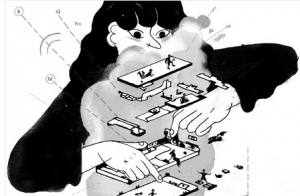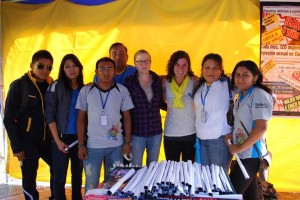LED Lighting

The Challenge
Over a billion people in the developing world lack access to an electric grid and instead rely on inefficient, expensive and polluting flame-based lighting.
The Technology Approach
The Lumina Project works through laboratory and field-based investigations to cultivate technologies and markets for safe, affordable lighting options that can replace fuel-based options in the developing world, including low-carbon alternatives, such as LED lighting.
2013 Updates
In addition to supporting various off-grid lighting projects in Africa, the Lumina Project team has recently conducted in-depth studies of the health impacts of fuel-based lighting, in addition to market analysis regarding carbon credit mechanisms in the developing world.
Principal Investigator
Dr. Evan Mills, Building Technology and Urban Systems Department, Lawrence Berkeley National Laboratory
[button link=”http://light.lbl.gov/” text=”Website”]




